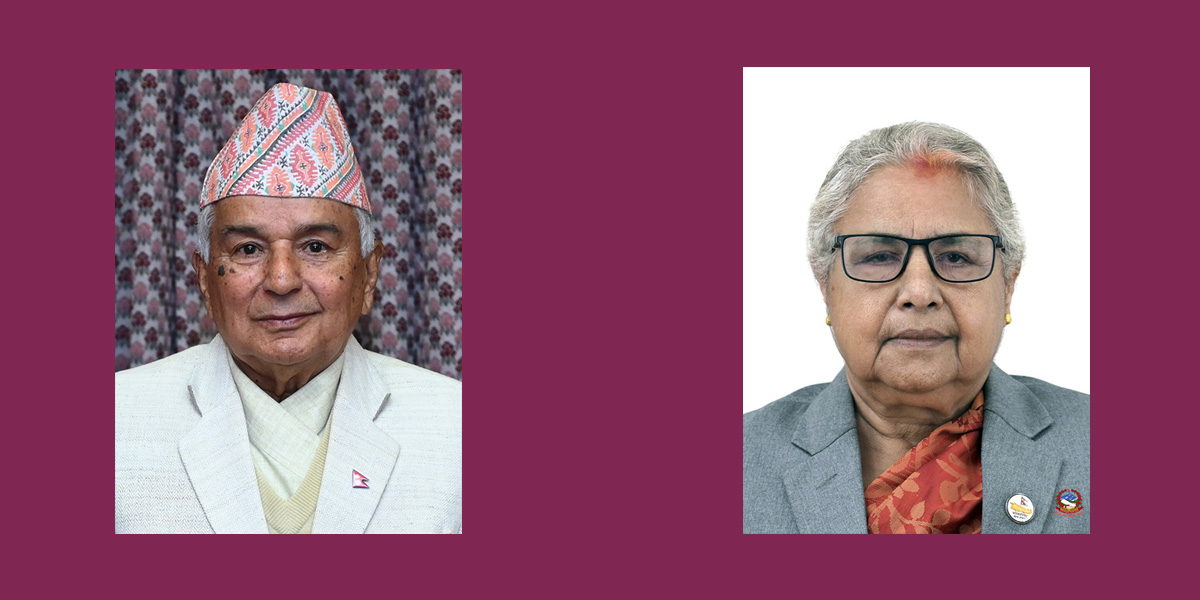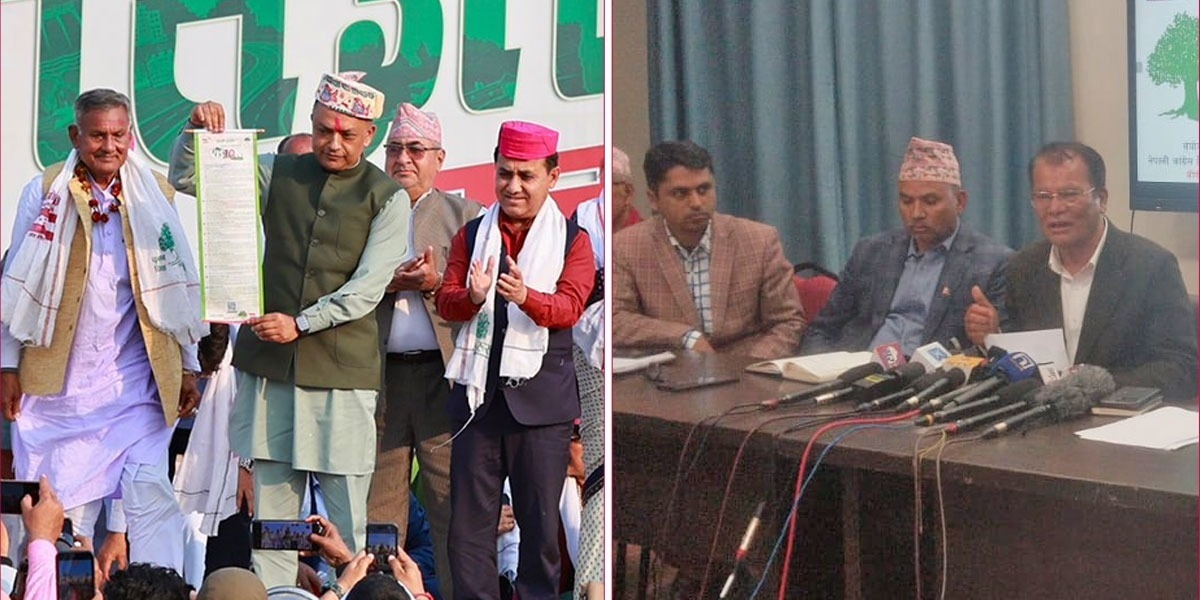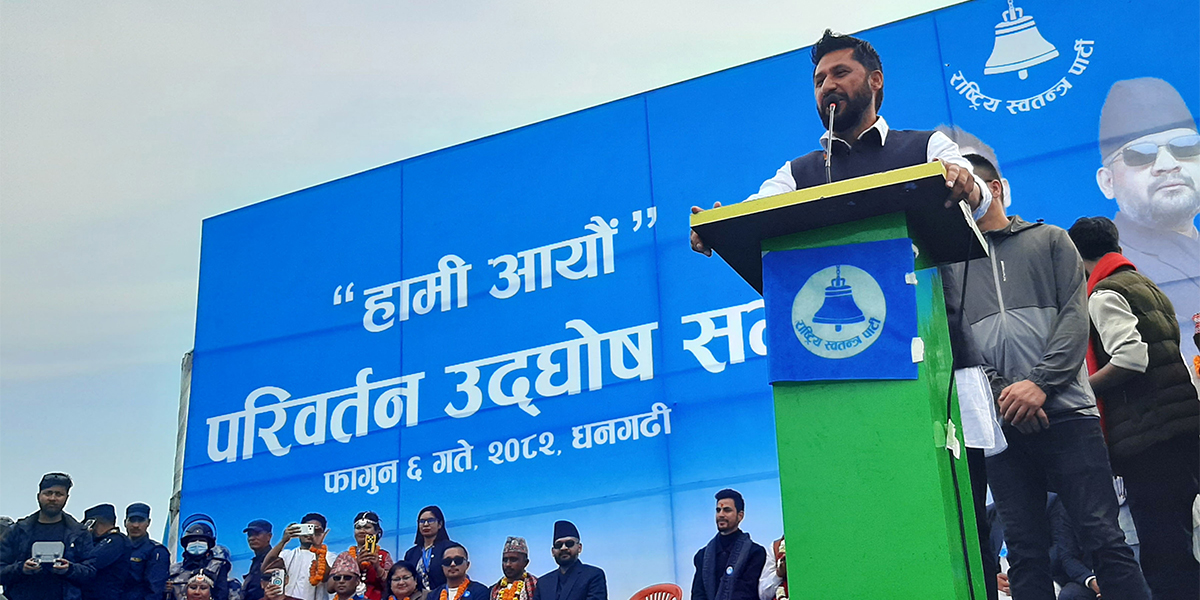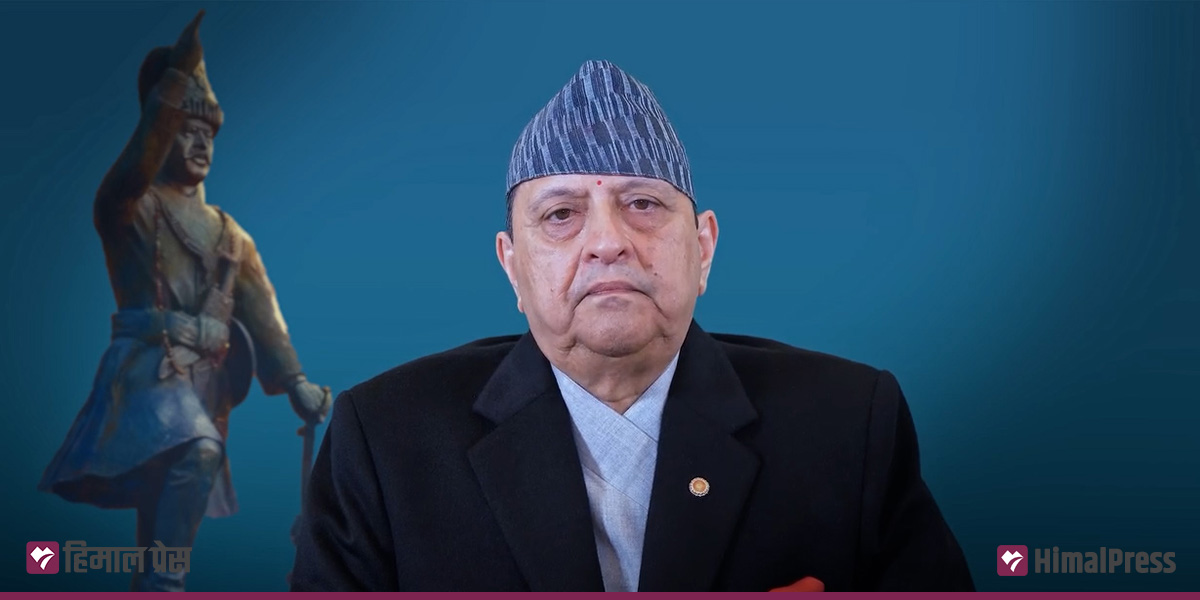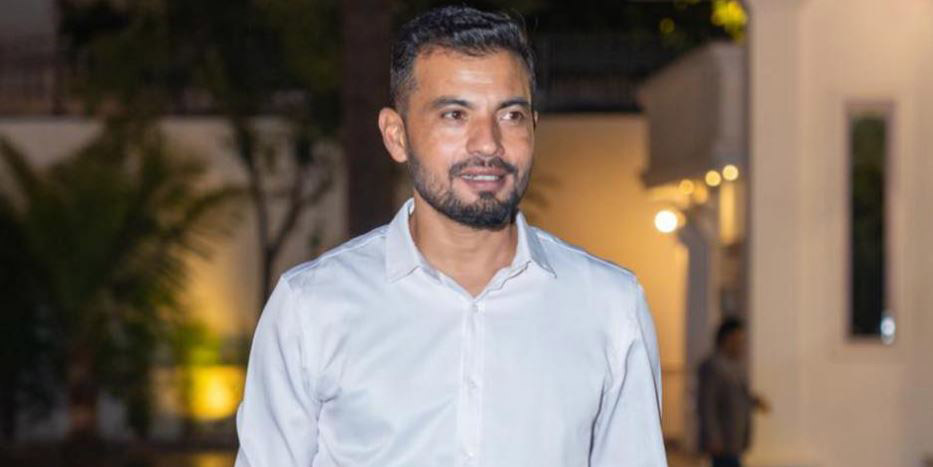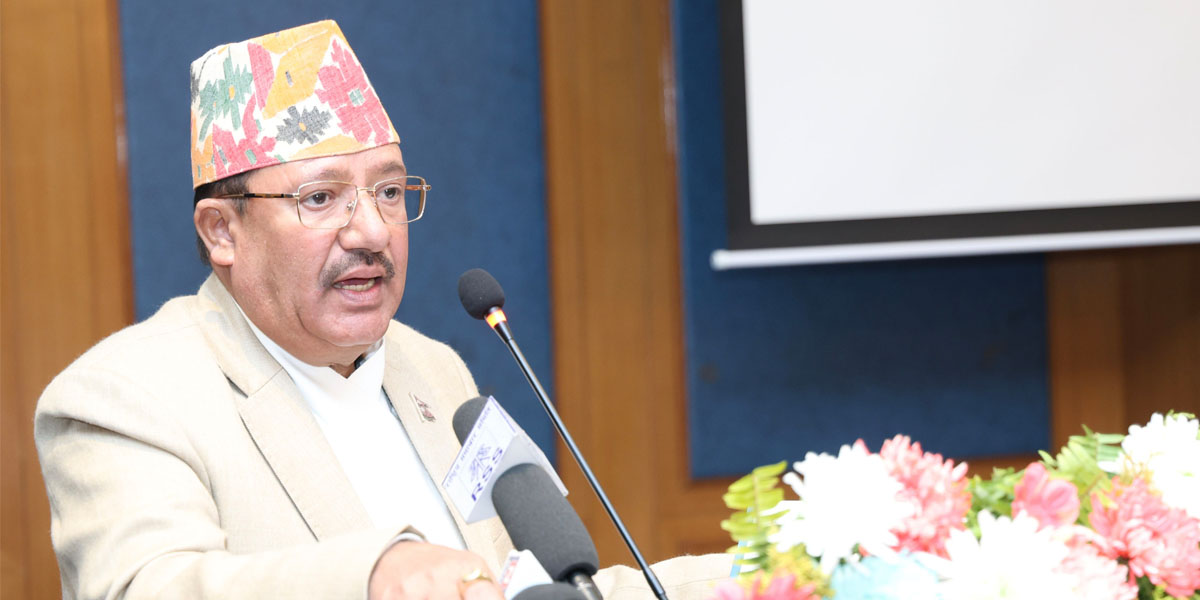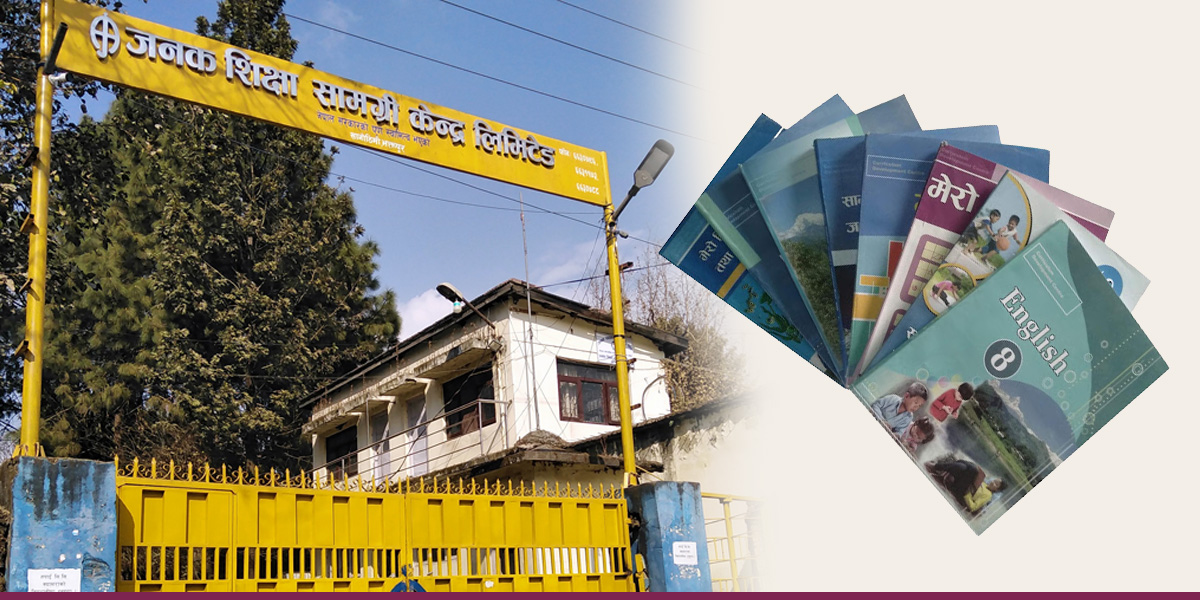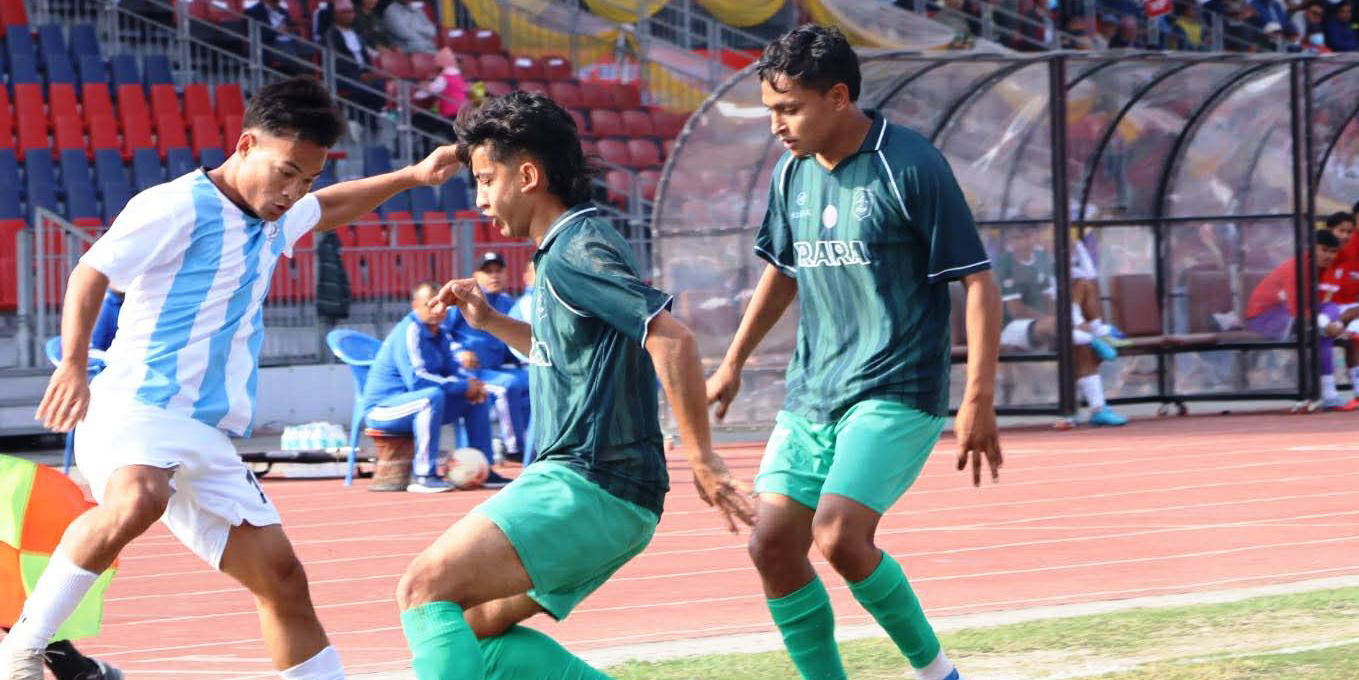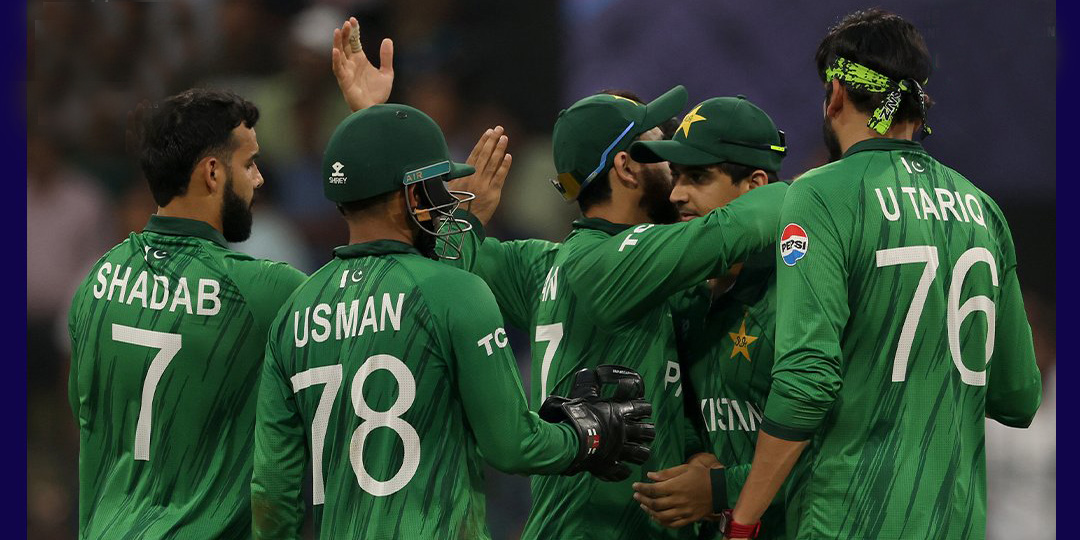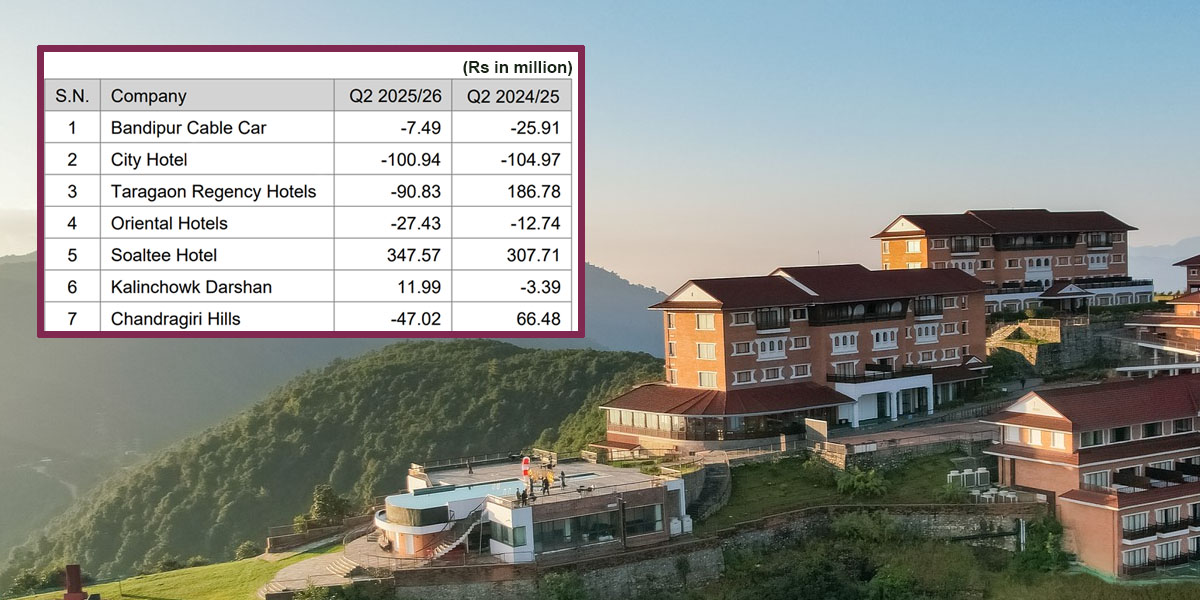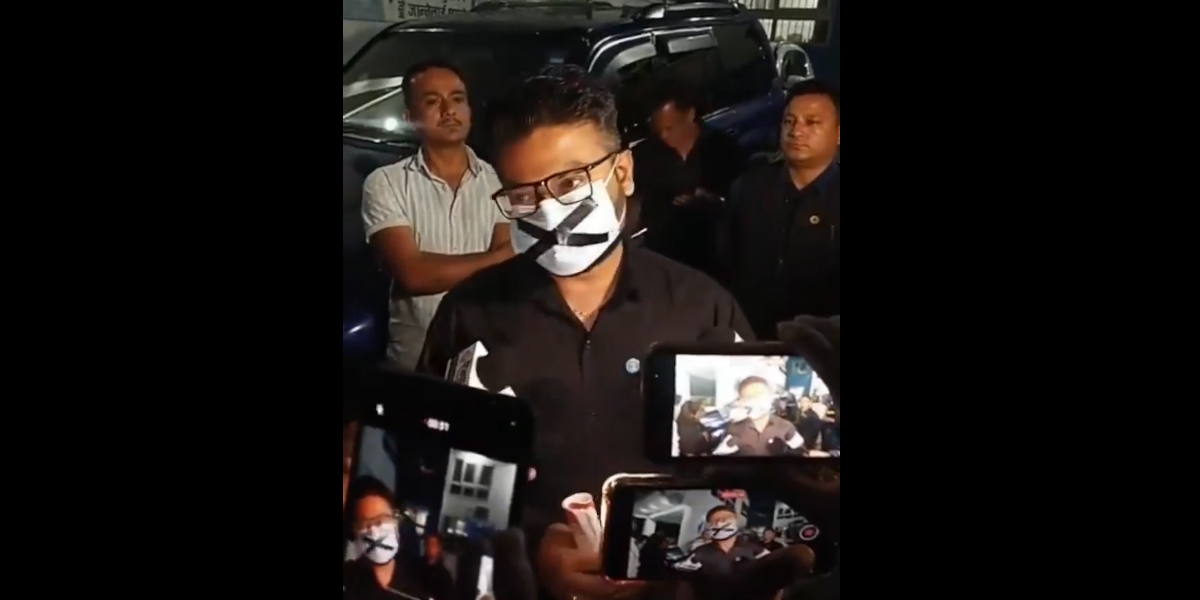
KATHMANDU: Rastriya Swatantra Party (RSP) General Secretary Mukul Dhakal, who has been suspended by the party for a week, has stirred controversy by spilling findings of his study on the party organization to the media before submitting it to the party.
In his report, Dhakal painted a grim picture of the party’s future and performance in the 2027 election if needful intervention is not made now. Dhakal prepared the report by holding discussions with party leaders and cadres in 38 districts.
Given below are the major shortcomings in the party and suggestions that Dhakal has included in his report:
(a) Lack of Training
There has been a lack of training on party organization, political issues, and presentation skills necessary to become an effective leader. To address this, training should commence as soon as possible with a comprehensive plan involving experienced trainers. Trainers should prepare booklets within three months and provide further training to new trainers, leading to a nationwide training campaign.
(b) Communication, Dialogue, Contact, and Coordination Issues
Central party leaders are often unreachable by phone. When visiting their regions, leaders focus more on personal matters and fail to engage with district or local committees. The chain of command is not followed, and decisions are often influenced by personal relationships with central leaders.
Information dissemination is disorganized, requiring members to rely on central newsletters. Leaders need to self-improve and communicate effectively, ensuring that they inform local committee heads and district leaders about their visits, thereby fostering mutual trust and coordination.
(c) Ministers, MPs, and Leaders not Accessible to People
Party members complain about the inaccessibility of ministers and leaders. To address this, ministers should dedicate half a day each week to meet with party members with specific agendas. Meetings should focus on substantial national and public issues rather than just photo opportunities.
(d) Poor Grievance Management
Grievance management should be seen as a collective responsibility rather than confined to a specific department. Necessary steps should include directing all types of communications (emails, WhatsApp, Viber and letters) to the appropriate committee or leader and establishing a roster system to ensure grievances are addressed effectively.
(e) Lack of Consultation in Appointing Central Committee Members, Department Heads
Adding central committee members should strengthen the party rather than merely increase numbers. New members and department heads should be chosen through consultations with relevant local committees and districts to ensure representation from both permanent and temporary residents.
(f) Lack of Speaking Guidelines
Party leaders and members lack guidelines on where and how to speak. Effective communication channels should be established, utilizing the party’s mobile application for better information dissemination and enhancing dialogue among leaders.
(g) Central Leaders Neglecting Responsibilities
Complaints have been raised about central leaders neglecting responsibilities within their regions. All central committee members cannot manage geographical responsibilities alone, so a system based on specialization and geography should be developed.
(h) Lack of Accountability and Promotion of Factional Politics
There is a failure to evaluate party members’ work effectively and take necessary disciplinary actions for non-compliance with directives. This has led to the rise of factional politics. A performance evaluation system should be established at both central and local levels to address this issue.
(i) Lack of Consultation in Party Decisions
The party has failed to consult adequately before making decisions, which has impacted the trust of local leaders in the party. Regular and meaningful consultations between central and local leaders should be held to avoid misunderstandings.
(j) Party President’s Authority
Questions have been raised about the overextension of the party president’s authority, including the president also holding the position of home minister. It is suggested that roles should be better distributed to avoid concentrating power and responsibilities on one individual.
(k) Ineffective Use of Deputy Speaker’s Political
The party failed to leverage the political potential of the Deputy Speaker effectively. Better use of the Deputy Speaker’s position could have provided significant political benefits.
(l) Party Functioning Like an NGO
The party is seen to be functioning more like an NGO rather than a political entity, leading to a dilution of political culture and strategy. The party needs to refocus on its core political principles and strategic goals.
(m) Excessive Talking Without Action
Leaders often speak more than they act, creating a lack of trust among the public. Promises should be made carefully and followed through with action to rebuild trust.
(n) Party Decisions Should Be Communicated Internally
Party decisions should be communicated through internal mechanisms rather than the media. Central and local leaders should be well-informed about decisions to maintain coherence and trust within the party.

 Himal Press
Himal Press 